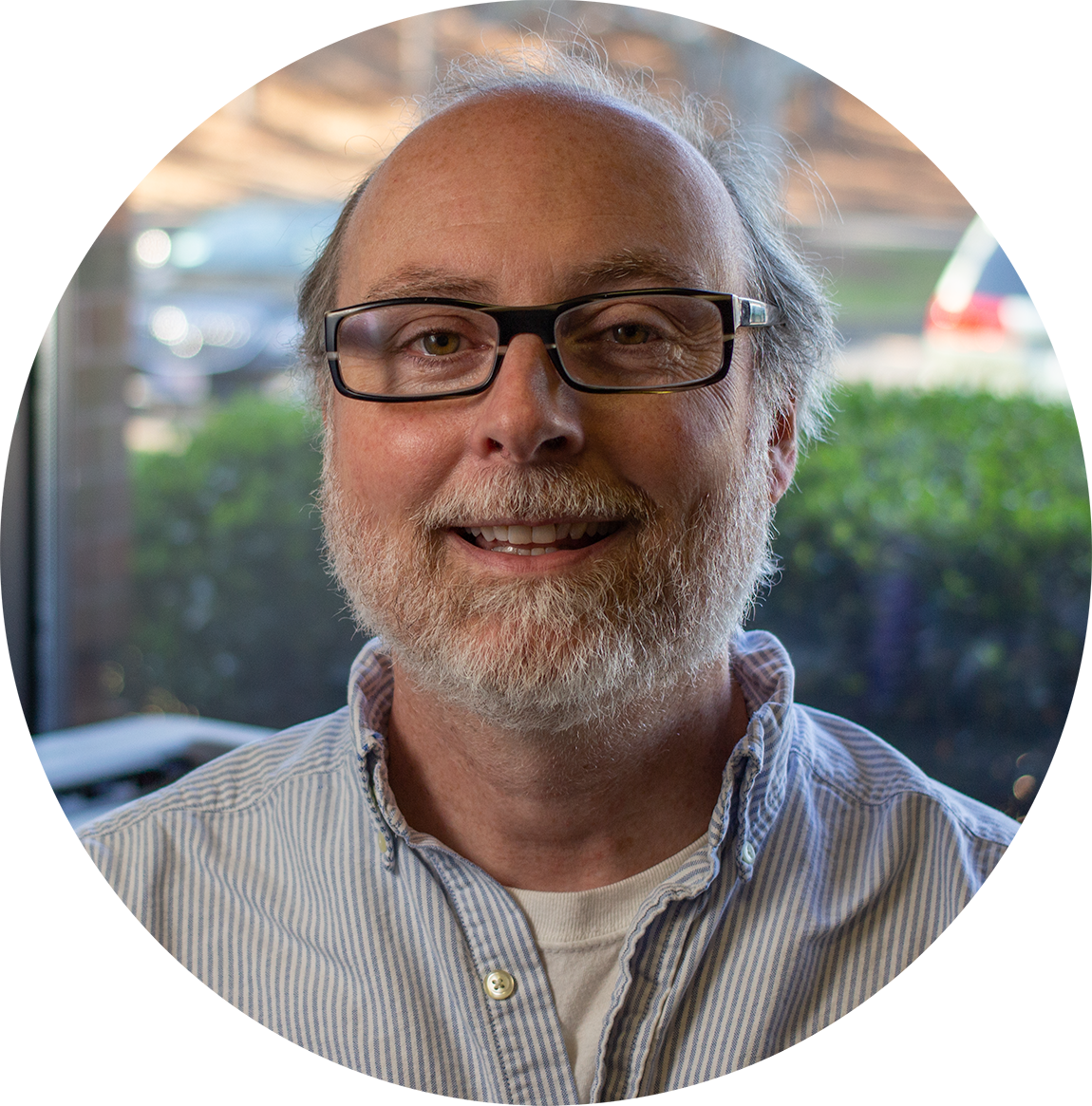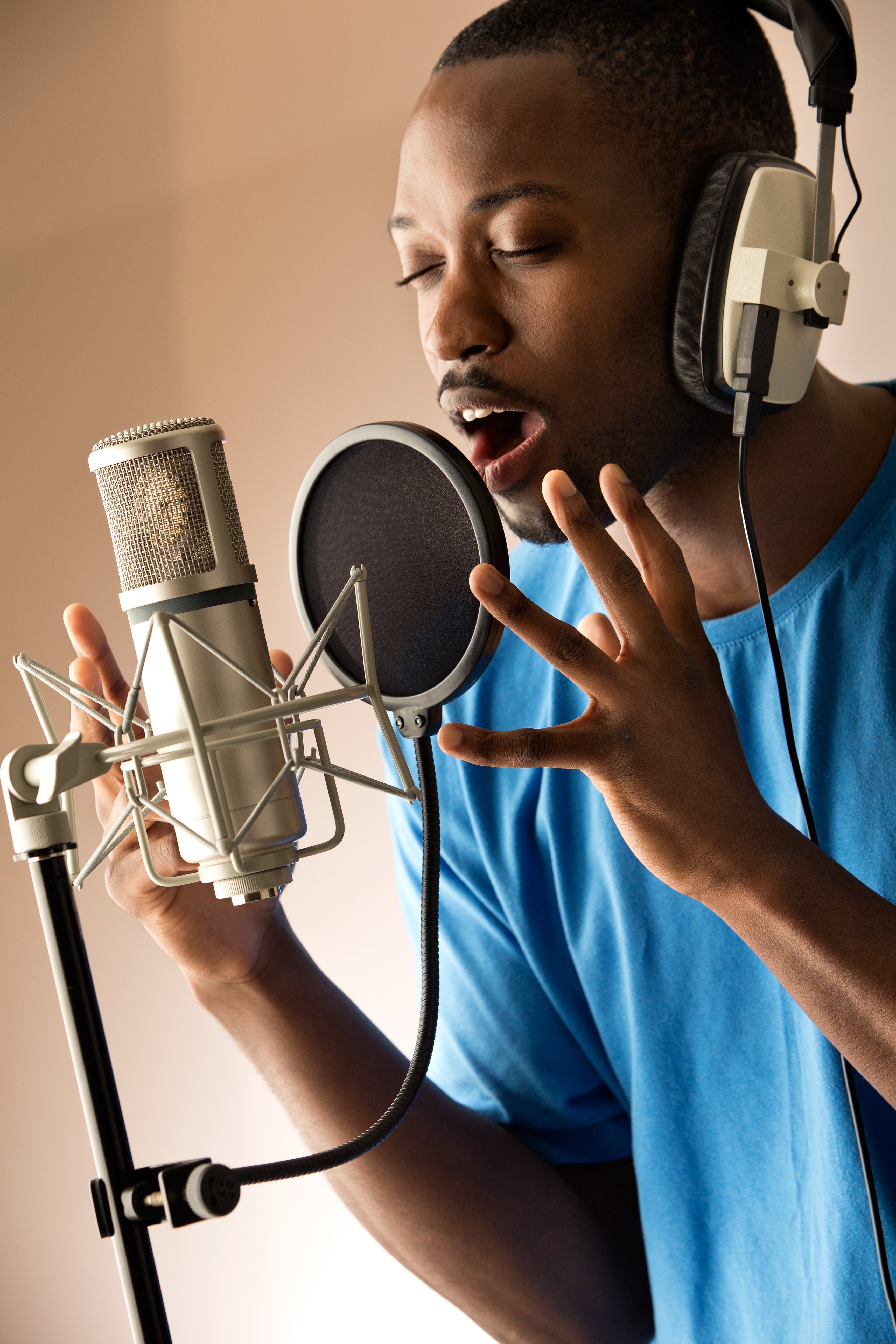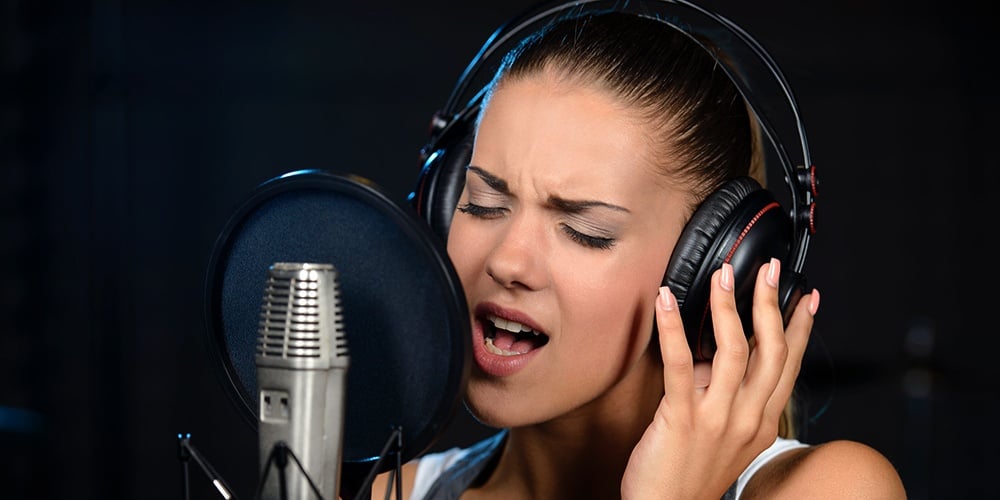With the music industry being such a saturated market, it's rather easy to become discouraged when it comes to standing out amongst the crowd and succeeding.
Money is certainly no exception. It may seem like you can only make money if you are a prominent artist or producer who is working with the biggest stars in the industry.
We say nonsense!
Don’t let the idea of fame get in the way of your goal of making a livable wage off of your music. Below we list 5 ways you can make money writing music that you may have not considered.
Keep reading to learn more!
Table Of Contents
Here are 5 Ways You Can Earn Money Writing Music that You May Not Know About
1) License Your Tracks
Licensing your music can be a great way to start making some money from your music. Another term for licensing music is synchronization. You can license your music for visual media such as promotional campaigns, films, TV commercials, and more.
If you have the creative ability to come up with new content frequently, you may be able to make upwards of $35,000 a year on synchronization.
How does it work? A couple of ways to successfully license your music would be to create custom pieces for a company’s request, or even by signing up for a website that has monthly subscribers who can download your music from the website.
With these pieces of music, you’ll find that less is more. You don’t want to be writing a full pop song with vocals over an ad, as it’ll take away from the promotional product itself.
Try to pick a video you’ve made yourself, or find a video online and turn the volume down. Make your own track to the video and see how it goes.
Check out other ads as well. Doing a little research never hurt anyone. Don't get paralysis by analysis, but see what kind of music other ads are using.
2) Sample Packs
Sample Packs & Sampling have been used for ages, but right now, that industry is booming. Producers all over the world are using sample packs to get inspired for their next track.
Sample Packs can be solely filled with drums, or any audio you want really. They range from piano loops, to drums, to Foley, all the way to the audio of birds in a park.
You never know what people will need for their next production.
You can either try to send in your packs to a label or a website that sells sample packs, or you can sell them on your own website. Be aware that trying to sell them yourself will take much more promotion than submitting to a website that accepts submission for sample packs.
Selling your packs on big-name sample pack websites would get you much more exposure, but they may be harder to get in contact with them. It's always worth a shot, though.
Make sure to have a few sample packs ready to go when submitting. Labels often want to see you have more than just one pack, so they know you’re serious about the work.
3) YouTube Channel
One way to earn money on YouTube is with Content ID. This allows its users to manage their copyrighted content on YouTube.
If you register your music with Content ID, the videos on YouTube will be compared against the audio files.
When your music is used in videos with ads running on them, YouTube will pay you a portion of that advertising money.
 Another way you can make money on YouTube with your music is by starting your own channel. Many artists start their own channel and show how they make their songs, or even just their beats.
Another way you can make money on YouTube with your music is by starting your own channel. Many artists start their own channel and show how they make their songs, or even just their beats.
There are so many new artists and producers right now who want to learn how to make music and the first place they check on how to get started is YouTube.
This is great too because as you’re showing the audience how you’ve made your song, you are also promoting your own music. In addition to that, if you’re an artist, it’ll lead more people to your music, therefore giving you more fans.
The more and more views you get on your channel, the more money you’ll make just from showing people how you’ve made your song.
4) Session Work
A great way to earn money writing music is to become a session musician. Many times, studios will hire artists/musicians for musical projects or advertising.
When solo artists go into the studio, they often will need other musicians to play the different instruments required for the song.
This is also a great way to network in the industry. Session work can lead to you getting an offer to become a member of an artist’s touring band, or backing vocalist, etc.
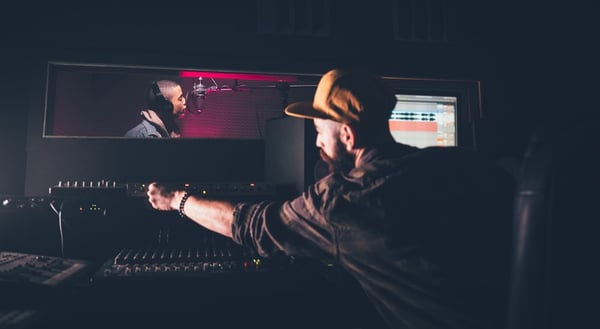
5) Selling Beats
The Hip-Hop market has been consistently popular and shows no signs of phasing out any time soon. Rappers and artists are constantly looking for tracks to sing on or rap on.
Hip-Hop may not be your main love regarding writing music, but if you’re diverse in your production, you can make some money on the side.
A great plan would be to start making and selling beats to an artist who isn’t “big” yet and grow with them.
Many producers who make $30,000 for a beat typically started with these rappers when they were just starting out and they rose to the top together.
There are a few websites that you can sell your beats on as well. This can be beneficial because they are commission-free sales and the websites themselves are very user-friendly.
Just because this may be something you’re doing on the side to make some extra cash, don’t sacrifice the quality of your work. You never know who will hear your work!
Ever wonder what the difference is between a beat maker and a music producer? Click here to find out.
Getting Started
These are five excellent ways to earn money by writing music.
Really, a lot of the suggestions above are solely based on pushing yourself to just do it. While you may have the content, the next step is to get yourself out there.
Also, if you are launching your own business, make sure to get the right business insurance to protect your intellectual property and all of your gear.
All of these tips can be achieved by anyone. As someone who is writing music, you are always using your creativity, so don’t be afraid to get creative in exploring new areas of the industry!
Want to Jump-Start Your Music Career?
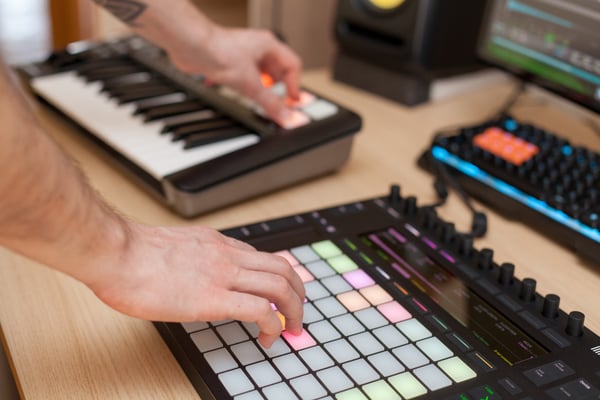
One of the best ways to accelerate your music career is by attending an accredited music college. If you are interested in music production, guitar, voice, bass, drums, or keyboard, the Atlanta Institute of Music and Media has the programs for you.
Learn from industry-leading instructors in exclusive studios. AIMM is a dynamic music college that combines organic instrumentation with technical recording components, so you are guaranteed to graduate as a well-rounded musician and significantly more advanced than your competition.
Now that you have learned extra ways to earn money writing music that you didn't know about, make the choice to dive into a successful music career.
Click the link below to learn more.


